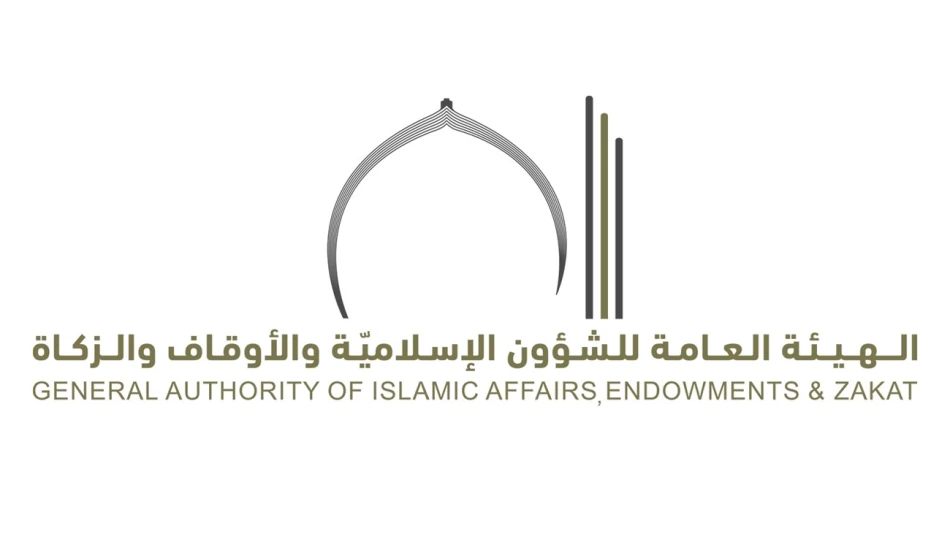
Islamic Affairs Ministry Urges Avoiding Burials During Midday Heat
UAE Religious Authority Adjusts Funeral Prayer Times to Combat Extreme Heat
The UAE's General Authority of Islamic Affairs, Endowments and Zakat has issued new guidelines urging mourners to conduct funeral prayers and burial procedures during early morning hours or late evening to protect worshippers from dangerous heat exposure. The directive reflects growing concerns about extreme temperatures across the Gulf region and demonstrates how climate realities are reshaping even sacred religious practices.
Health Takes Priority in Religious Observance
The authority specifically advised avoiding funeral prayers between 9:00 AM and 5:00 PM, citing risks of heatstroke and thermal exhaustion. This represents a significant shift in traditional funeral timing, where services often occurred throughout the day based on family convenience and mosque schedules.
The religious body emphasized that preserving human life constitutes one of the fundamental necessities in Islamic law, providing theological justification for the timing changes. This principle, known as "hifz al-nafs" in Islamic jurisprudence, allows for practical adjustments to religious practices when health and safety are at stake.
Climate Adaptation Across the Gulf
The UAE's move mirrors broader regional adaptations to rising temperatures. Saudi Arabia has implemented similar heat-safety measures during Hajj pilgrimage, while Kuwait and other Gulf states have adjusted outdoor work hours during summer months. These policy shifts acknowledge that traditional schedules, developed in cooler historical periods, may no longer be sustainable.
Temperature Records Drive Policy Changes
The Gulf region has experienced unprecedented heat waves in recent years, with temperatures regularly exceeding 45°C (113°F) during summer months. The UAE recorded its highest-ever temperature of 51.8°C (125.2°F) in 2021, making outdoor gatherings potentially life-threatening during peak hours.
Religious Flexibility Meets Modern Challenges
Islamic scholars have historically demonstrated flexibility in adapting religious practices to local conditions and safety concerns. The Quran's principle that "Allah does not burden a soul beyond that it can bear" provides theological foundation for such modifications.
This pragmatic approach contrasts with more rigid interpretations seen in some regions, positioning the UAE as a model for climate-conscious religious governance. The authority's decision likely required consultation with senior clerics and represents careful balance between tradition and public health.
Implications for Community Planning
The timing changes will require mosques and funeral service providers to adjust scheduling systems and potentially invest in climate-controlled facilities for year-round services. Families may need to plan funeral arrangements around narrower time windows, potentially affecting attendance and logistics.
However, the policy also reflects the UAE's broader commitment to public health infrastructure and evidence-based policymaking. By proactively addressing heat-related risks, authorities demonstrate how traditional institutions can evolve to meet contemporary challenges while maintaining religious authenticity.
Setting Regional Precedent
Other Gulf Cooperation Council nations will likely monitor the UAE's implementation closely. Success in balancing religious observance with climate safety could influence similar policies across the region, where governments increasingly grapple with extreme weather impacts on daily life and cultural practices.
Most Viewed News

 Sara Khaled
Sara Khaled






